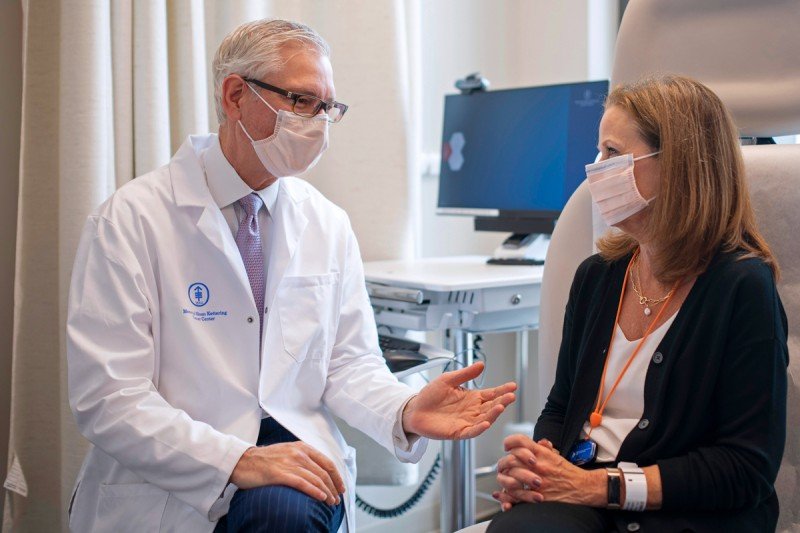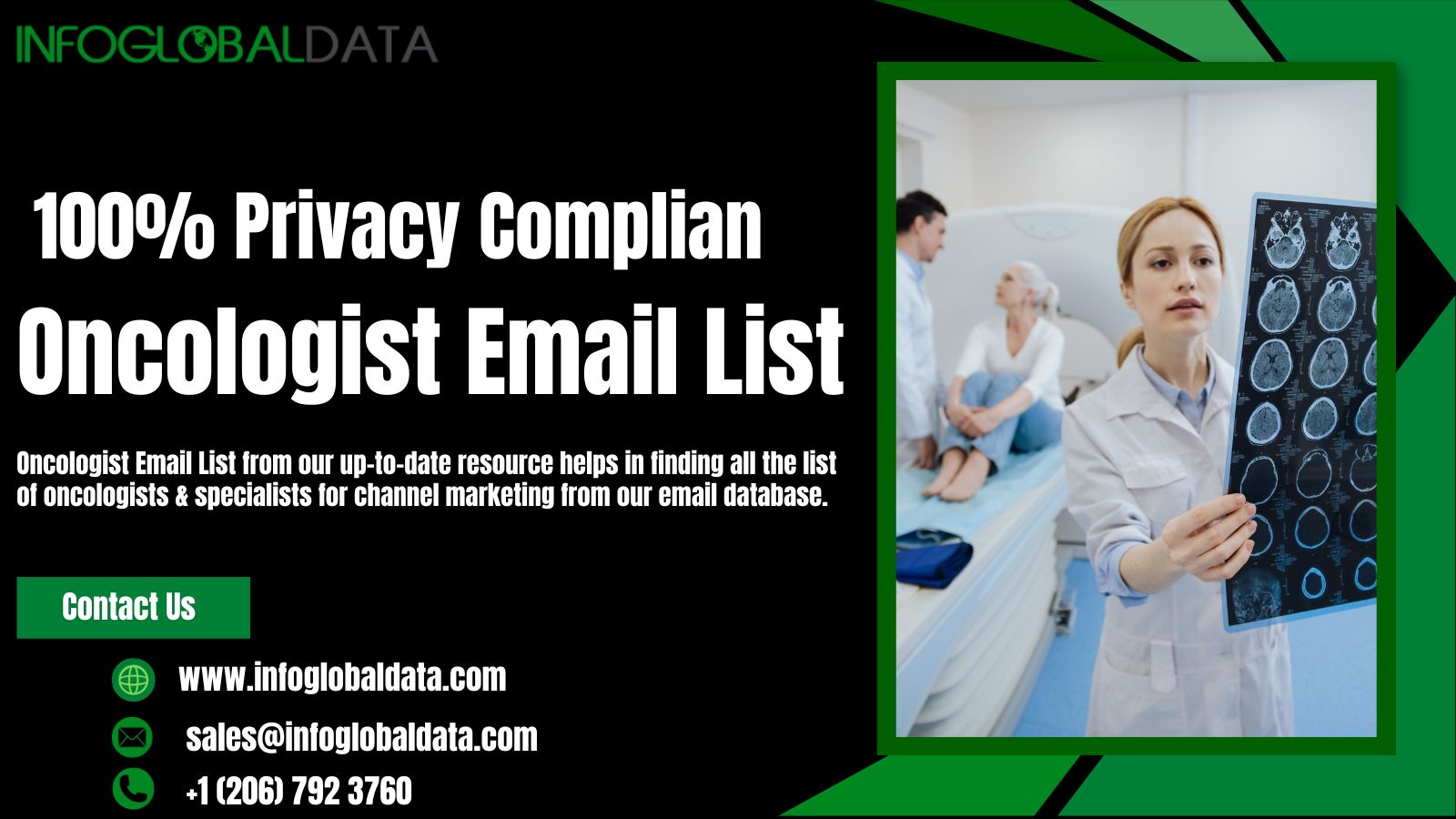Tips for Finding the Best Non-Small Cell Lung Cancer Specialist:

Non-small cell lung cancer (NSCLC) is a prevalent form of lung cancer, comprising various subtypes, including adenocarcinoma, squamous cell carcinoma, and large cell carcinoma. While treatment options have evolved significantly in recent years, finding the right specialist for NSCLC is crucial for effective management and improved outcomes. Let’s break down the essential tips for identifying the best non-small cell lung cancer specialist to guide you through your treatment journey.
Understanding Non-Small Cell Lung Cancer
Before diving into the nuances of finding a specialist, it’s essential to grasp the basics of NSCLC. Unlike small cell lung cancer, NSCLC tends to grow and spread more slowly. Subtypes of NSCLC include adenocarcinoma, which starts in the cells that line the air sacs in the lungs, and squamous cell carcinoma, which develops in the lining of the bronchial tubes. Additionally, large cell carcinoma is another subtype characterized by rapidly growing cancerous cells.
Treatment Options and Challenges
The treatment landscape for NSCLC has expanded significantly over the years, offering patients a range of options, including surgery, chemotherapy, radiation therapy, targeted therapy, and immunotherapy. However, despite these advancements, challenges persist, particularly in effectively managing advanced-stage NSCLC and addressing resistance to conventional treatments. Oat cell carcinoma, a less common and aggressive subtype of NSCLC, presents additional complexities in treatment due to its rapid growth and propensity for metastasis.
Tips for Finding the Best NSCLC Specialist
1. Seek Referrals:
Start by asking your primary care physician for recommendations for NSCLC specialists. Additionally, reach out to friends, family members, or support groups for referrals based on their experiences. Word-of-mouth referrals often lead to finding highly skilled and compassionate specialists.
2. Research Credentials and Experience:
Look for specialists who are board-certified in oncology, pulmonology, or thoracic surgery with specific expertise in treating NSCLC. Consider their years of experience, patient outcomes, and involvement in clinical trials or research related to NSCLC treatment, including oat cell carcinoma.
3. Evaluate Hospital Affiliations:
Consider specialists affiliated with reputable medical centers or academic institutions known for their expertise in oncology and lung cancer treatment. Hospitals with comprehensive cancer centers often provide multidisciplinary care and access to cutting-edge treatment options.
4. Assess Communication and Bedside Manner:
Effective communication and empathy are the most important qualities of an NSCLC specialist. Look for a physician who takes the time to listen to your queries or concerns, explains treatment options clearly, and involves you in decision-making regarding your care.
5. Review Patient Feedback and Testimonials:
Read online reviews from current or previous patients to gauge their satisfaction with the specialist’s care. Pay attention to comments regarding communication, expertise, and overall patient experience.
6. Accessibility and Availability:
Consider the location and accessibility of the specialist’s practice, particularly if you require frequent appointments or treatment sessions. Additionally, inquire about the physician’s availability for urgent concerns or emergencies outside of regular office hours.
7. Collaborative Approach to Care:
Look for an NSCLC specialist who collaborates closely with a multidisciplinary team of healthcare professionals, including medical oncologists, radiation oncologists, pulmonologists, pathologists, and supportive care providers. A team-based approach ensures comprehensive and coordinated care throughout your treatment journey.
8. Consider Clinical Trial Participation:
Specialists involved in clinical trials offer access to innovative treatments and personalized therapies that may not be available elsewhere. Inquire about ongoing clinical trials relevant to NSCLC, including those focusing on oat cell carcinoma treatment.
9. Insurance Coverage and Financial Considerations:
Verify that the NSCLC specialist accepts your health insurance plan and inquire about any out-of-pocket expenses associated with consultations, diagnostic tests, or treatments. Consider discussing financial assistance options or payment plans if needed.
10. Trust Your Instincts:
Ultimately, trust your instincts when selecting an NSCLC specialist. Choose a physician with whom you feel comfortable, supported, and confident in their ability to guide you through your treatment and recovery.
Summary:
Finding the best NSCLC specialist is a crucial step in navigating the complexities of lung cancer treatment, including oat cell carcinoma. By following the above-mentioned tips and conducting thorough research, you can identify a compassionate and knowledgeable specialist who will connect with you to develop a customized treatment plan as per your unique needs and circumstances. Remember, you are not alone in your journey, and there are dedicated healthcare professionals ready to support you every step of the way.




